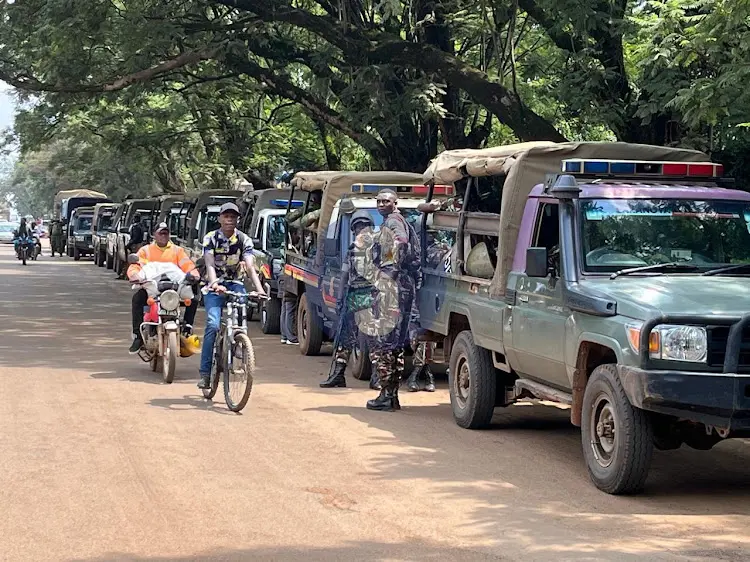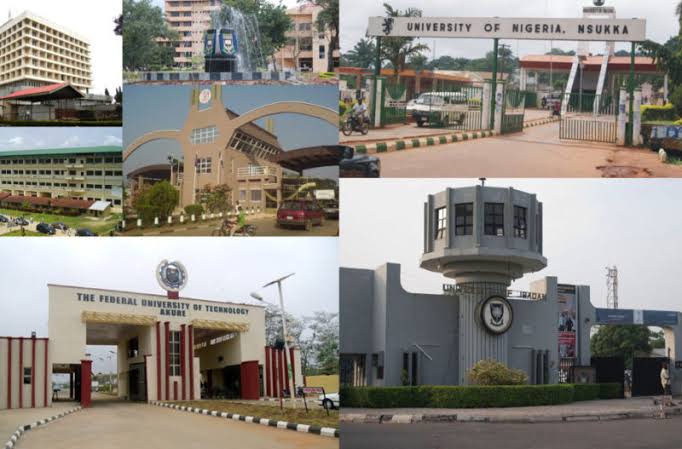
Kenya has strict security measures in place ahead of scheduled new anti-government protests. On Thursday, police combed Nairobi’s streets, erecting roadblocks along main thoroughfares, and closing numerous businesses.
ZINGTIE remembers that weeks of occasionally lethal protests against President William Ruto’s two-year-old administration, primarily spearheaded by young Kenyans from Generation Z, rocked the nation.
The nation’s interim police commander had issued a warning on Wednesday, stating that “criminals” were planning to infiltrate the protests and that individuals should stay away from “protected areas,” which included the president’s official residence, State House, and the main international airport.
Acting Inspector General of Police Gilbert Masengeli warned the public to exercise “extra caution while in crowded areas that are likely to turn riotous” despite the deployment of “adequate security personnel” in a post on X.
Although the June-starting protests have gotten smaller in recent weeks, posters circulated online have called for new protests, which they have termed “Nane Nane,” or Eight Eight in Swahili, in honour of August 8.
Masengeli issued a warning about “criminals planning to infiltrate tomorrow’s Nane Nane demonstrations and commit further crimes” in his statement on Wednesday.
The protest organisers have previously claimed that “goons” have taken over their nonviolent action plans and are inciting violence.
Now that the protests have started, at least 60 people have died. Originally intended to be nonviolent protests over controversial tax increases, they have grown into larger movements against Ruto and what many see to be corrupt and wasteful government spending.
Rights groups claim that dozens of individuals have vanished while police have been accused of employing excessive force, including shooting demonstrators with live ammunition.
Young Kenyans were warned on Wednesday to “avoid unchecked protests, which could lead to further economic hardships and hinder their chances of gaining employment,” by government spokesperson Isaac Mwaura.
Mwaura urged people to “ignore these calls to violence,” noting that the protests had been aided by the dissemination of false information.
Ruto has made significant budget cuts, reorganised his entire cabinet, and abandoned the tax increases in an effort to address the public’s ire amid the worst crisis of his presidency.
He has been forced to choose between the demands of international lenders to support government finances so that it can pay off its enormous $78 billion debt and the needs of ordinary Kenyans who are having a hard time making ends meet.
Please don’t forget to “Allow the notification” so you will be the first to get our gist when we publish it.
Drop your comment in the section below, and don’t forget to share the post.







